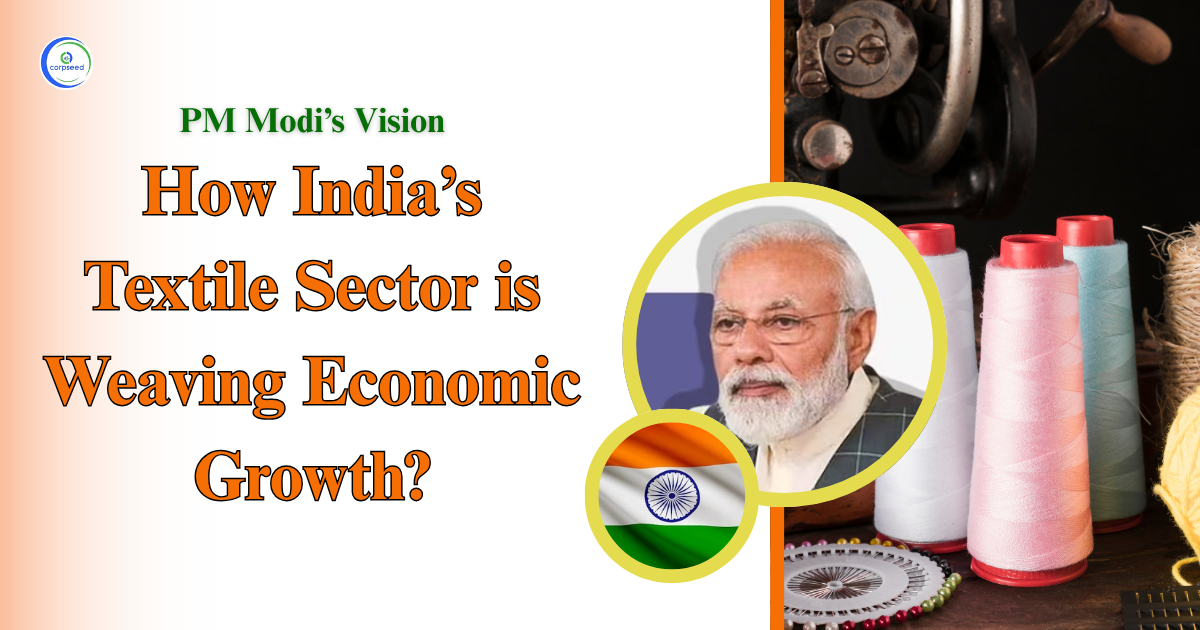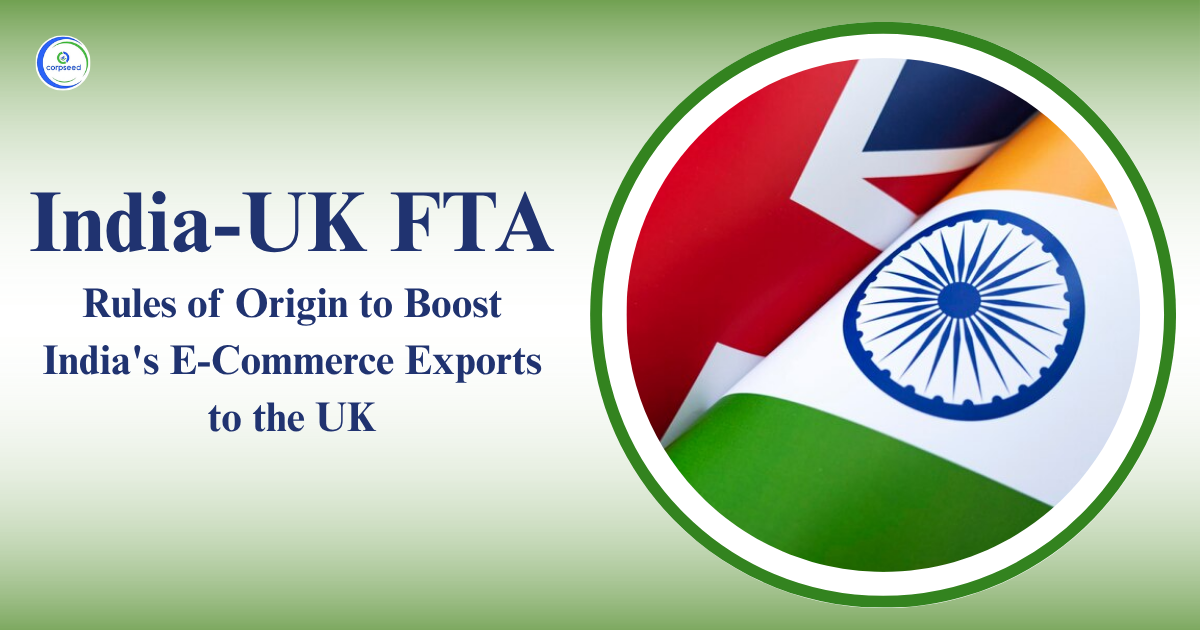India’s textile sector is one of the oldest and most diverse industries in the country. It plays a critical role in shaping the economy, generating employment, preserving cultural heritage, and driving exports. PM Narendra Modi in his 124th Mann ki Baat told how textile sector in growing and helping in India's GDP. As the country looks ahead to its development vision for 2047, the textile sector continues to emerge as a key contributor to India’s journey toward becoming a global manufacturing and innovation hub.
Rooted in centuries of craftsmanship and cultural richness, and powered today by modern technology, sustainability, and entrepreneurship, the textile sector is proving to be a pillar of inclusive and resilient economic growth.
Table of Contents
--------------Blog Contact Form-------------
Textile Industry as a Major Economic Contributor
The textile industry contributes around 2% to India’s GDP and accounts for over 10% of total exports. It is the second-largest employment provider in the country after agriculture, offering direct employment to over 45 million people and indirect employment to more than 100 million across various segments like farming, spinning, weaving, dyeing, printing, garment manufacturing, and retail. Key highlights of the textile industry’s economic role:
- It supports both organized and unorganized sectors, from high-tech mills to rural handloom clusters.
- It connects diverse parts of the economy - agriculture, manufacturing, retail, exports, and logistics.
- It generates large-scale employment opportunities for skilled and semi-skilled workers, especially women.
- With government-backed schemes like PLI (Production Linked Incentive) and PM MITRA Parks, the industry is being further equipped with infrastructure, scale, and global competitiveness.
Textile Sector Empowering Rural India and Women
The textile sector has become a strong vehicle for rural development and women empowerment. Especially in handloom and craft-rich regions, textile work provides livelihoods for thousands of artisans and weavers. Prime Minister Narendra Modi, in his recent 124th Mann Ki Baat, highlighted inspiring real-life examples:
- Kavita Dhawale from Maharashtra, who turned her passion for weaving Paithani sarees into a growing business.
- Tribal women in Odisha, who revived the traditional Santhali saree, leading to income generation and cultural preservation,.
- Families in Nalanda, Bihar, who have modernized traditional weaving practices and now supply leading textile brands.
These stories reflect how the textile sector not only uplifts communities but also empowers them to preserve their identity while participating in India’s economic progress.
Innovation and Startups Boosting the Textile Industry
The rise of textile startups has added fresh energy to the sector. From traditional crafts to cutting-edge technology, entrepreneurs are transforming the way textiles are produced, marketed, and consumed. Here are key innovations shaping the textile industry:
- Tech-enabled platforms connecting rural artisans to global markets.
- Smart textiles with wearable technology applications.
- 3D printing and AI-based design tools enhancing speed and personalization.
- E-commerce-driven brands that prioritize transparency, sustainability, and storytelling.
- With over 3,000 textile-related startups now active in India, the sector is witnessing a creative surge where the old meets the new - helping Indian textiles evolve into global lifestyle products.
Also Read: India-UK FTA: Rules of Origin to Boost India's E-Commerce Exports to the UK
Textile Exports Strengthening India’s Global Presence
India is one of the world’s top exporters of textiles and apparel, serving more than 150 countries. Indian cotton, silk, wool, jute, and synthetic textiles are renowned for quality and variety, giving the country a strong foothold in international markets. Strengths of India’s textile exports include:
- Diverse raw material base – cotton, silk, jute, wool, and synthetic blends.
- Large-scale production – capacity across the entire textile value chain.
- Skilled workforce – generations of weavers and artisans with rich craftsmanship.
- Government incentives – including duty benefits, technology support, and export financing.
The textile industry contributes significantly to India's foreign exchange earnings and continues to play a key role in global trade, especially as global buyers look to diversify supply chains post-pandemic.
Cultural and Sustainable Value of Indian Textiles
India's textiles are more than economic assets - they represent centuries of culture, craftsmanship, and sustainability. Every region of the country boasts unique textile traditions - from Banarasi silks and Kanjeevaram sarees to Pashmina shawls and tribal weaves. Today, this cultural richness is being integrated with modern sustainability goals:
- Many textile brands are shifting to organic cotton, natural dyes, and eco-friendly processes.
- Handloom weaving is inherently low-carbon and resource-efficient.
- Circular fashion and zero-waste practices are gaining popularity in Indian textile design.
Celebrations like National Handloom Day (August 7) not only honour artisans but also raise awareness about choosing Indian-made, sustainable, and ethically produced textiles. As Prime Minister Modi stated, this movement is crucial to building an Atmanirbhar Bharat (Self-Reliant India).
Conclusion
The textile sector is not just an industry, it is the very fabric of India’s economic and cultural journey. From supporting millions of livelihoods to fueling exports, from empowering women to modernizing rural communities, the textile sector stands at the heart of India’s growth story. With the right mix of policy support, innovation, and citizen awareness, this sector will continue to lead India toward a future that is inclusive, self-reliant, and globally respected. Supporting Indian textiles isn’t just a consumer choice, it’s a step toward strengthening the nation.
This portion of the site is for informational purposes only. The content is not legal advice. The statements and opinions are the expression of author, not corpseed, and have not been evaluated by corpseed for accuracy, completeness, or changes in the law.
BOOK A FREE CONSULTATION
Get help from an experienced legal adviser. Schedule your consultation at a time that works for you and it's absolutely FREE.








